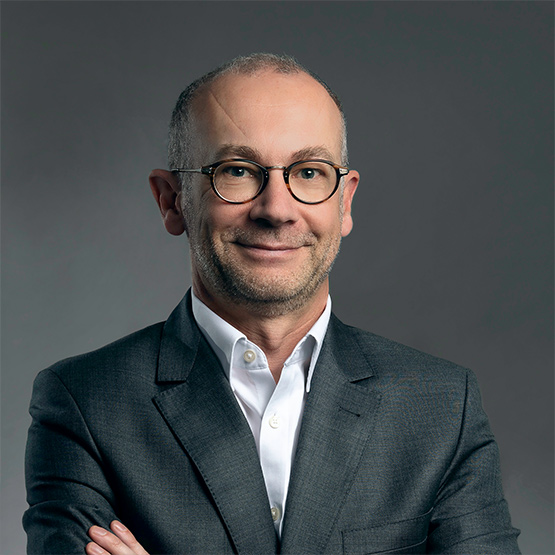
From the laboratory to the company:
the creation of technological start-ups
On this evening in the autumn of 1999, several dozen people gathered at the Ministry of Research and waited for his boss, Claude Allègre, whom a capricious plane was temporarily holding in Bordeaux. Advantage of the situation, we are allowed to attack the buffet. The former researcher, now Minister, finally arrives to present their prizes to the first winners of the innovative startup competition he has set up (which still exists under the name i-Lab competition). With Thierry Georges and a team of optical researchers, we co-founded Algety a few weeks earlier – the company that receives the first major prize. The jury was disappointed, especially for a first edition, since a few years later the company has developed magnificently and is sold for 2 billion dollars during a build-up followed by an introduction to Nasdaq.
Twenty years later, in the report he has just submitted to the current Minister, Frédérique Vidal, François Jamet states at the outset that “valorisation by startup creation[is] a shared commitment within public research”. For several months, Bpifrance has been the champion of deeptech. The industrialization, marketing and commercialization of a breakthrough technology developed in a research laboratory through the creation of a startup is therefore nowadays a matter of course. Very few large companies have the ability to bring disruptive innovations to market because they cannibalize their existing product lines and, by definition, bringing out a product that has broken with the past requires a break in the processes to which large companies are very attached and which are also their strength.
Startups are an excellent way to promote technologies from French laboratories (at CEA, CNRS, INRIA for example but also in universities or grandes écoles as well as in industry)[i]
whose excellence is well proven. They will build the products, find their first markets and then, depending on the circumstances, can continue to grow or more probably be acquired by a large group, which can then consolidate the first technical and commercial developments to make them real global successes.
If public (or private) research is financed upstream by public funds (or by large companies) and if downstream development is financed by the consolidating company, the startup phase can hardly be financed by innovation capital: agile support is needed to serve a young agile company.
The means must be substantial to be able to follow in volume (technological projects require a lot of money) and duration (they take a long time to develop). Fortunately, many successes are there to demonstrate that it is a virtuous model where successes more than compensate for failures. Innovation capital funds that are well managed (first quartile) offer annual returns of 12.5%[ii]. Technical success is logically accompanied by financial success.
France is a country with many research centres and a real desire to undertake research on ambitious subjects. We still don’t have any oil, but we still have ideas! We must take advantage of this and give our researchers, engineers and entrepreneurs the means to develop. We can therefore only encourage, again and again, investors of all kinds to finance young innovative companies, particularly in technology.
Jérôme Faul
Chairman of the Management Board – Innovacom
[i] Some recent examples (not exhaustive!) :
[ii] Source France Invest




